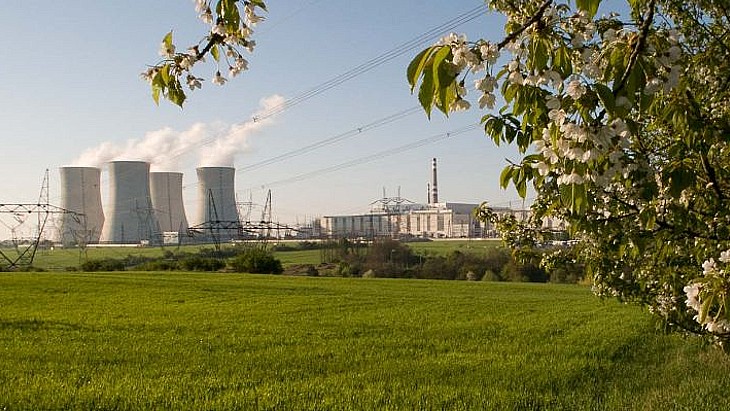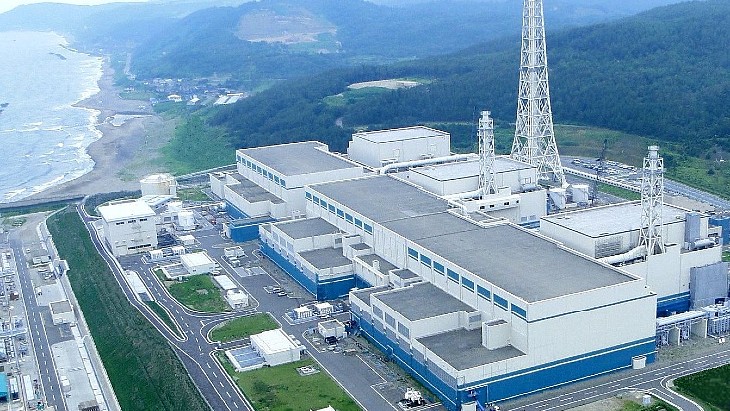The South African Department of Energy has reiterated it will comply with all legal requirements relating to its nuclear procurement programme. It said an urgent court application launched this week, seeking to stop the minister or utility Eskom from pursuing the procurement, had been based on speculative media reports.
The court hearing, which was to have taken place yesterday, was postponed at the request of the two organisations that brought the action - Earthlife Africa and the Southern African Faith Communities Environment Institute (SAFCEI) - after Energy Minister David Mahlobo, Eskom, and the acting director general of the Department of Energy provided affidavits saying they will take no steps to procure new nuclear energy without a lawful determination under the country's Electricity Regulation Act that the new nuclear energy to be procured is in fact required.
In a media statement issued yesterday, the department said Earthlife Africa and SAFCEI had no legal basis for launching their urgent application, which it said had been "at best" speculative.
"The narrative seems to purport that the department intended to proceed with the nuclear expansion unlawfully," it said,
"When [the] department lodged the explanatory affidavit, the applicants realised that their case which was based on media reports had no basis. The matter was set down for a hearing today and was postponed sine die at the behest of the applicants," it said.
The department said the South African energy minister "has never contravened" any of the aspects of a judgement delivered by the Western Cape High Court on 26 April. That ruling set aside two ministerial determinations underpinning the country's nuclear procurement plans, ruling them unlawful and unconstitutional. It also set aside South Africa's intergovernmental nuclear cooperation agreements with Russia, South Korea and the USA.
The department said media reports seeming to suggest that it would have proceeded with the nuclear expansion programme "in an unlawful manner" were malicious and aimed at impugning the integrity of government.
"They are aimed at creating panic, misinformation, and misrepresentation of facts and are intended to derail government from reinvigorating the economy," it said. "The government and minister in particular reiterate the position of the constitution and the rule of law."
Earthlife Africa and SAFCEI described the assurances given by Mahlobo to the court as an "11th hour capitulation". SAFCEI Executive Director Francesca de Gasparis said the two organisations had brought the urgent application after Mahlobo and Eskom failed to respond to a request for assurances that they would abide by the court judgment.
"Despite being given a week to respond, they failed to answer and thus left us with no choice but to bring an urgent application to protect the judgement," de Gasparis said.
Mahlobo's predecessor as energy minister, Mmamaloko Kubayi, said in May the ministry would abide by the court's decision.
South Africa's current Integrated Resource Plan (IRP), drawn up in 2010, called for construction of 9600 MWe of new nuclear capacity over the period to 2030. The country's Department of Energy is in the process of updating the IRP, a draft issued in November 2016 calls for 1359 MWe of new nuclear capacity to be built by 2037. Since his appointment as energy minister in a cabinet reshuffle in October, Mahlobo has publicly spoken of South Africa's policy decision to pursue nuclear energy as part of the energy mix.
Researched and written
by World Nuclear News




_53514_33880.jpg)


_91467.jpg)





